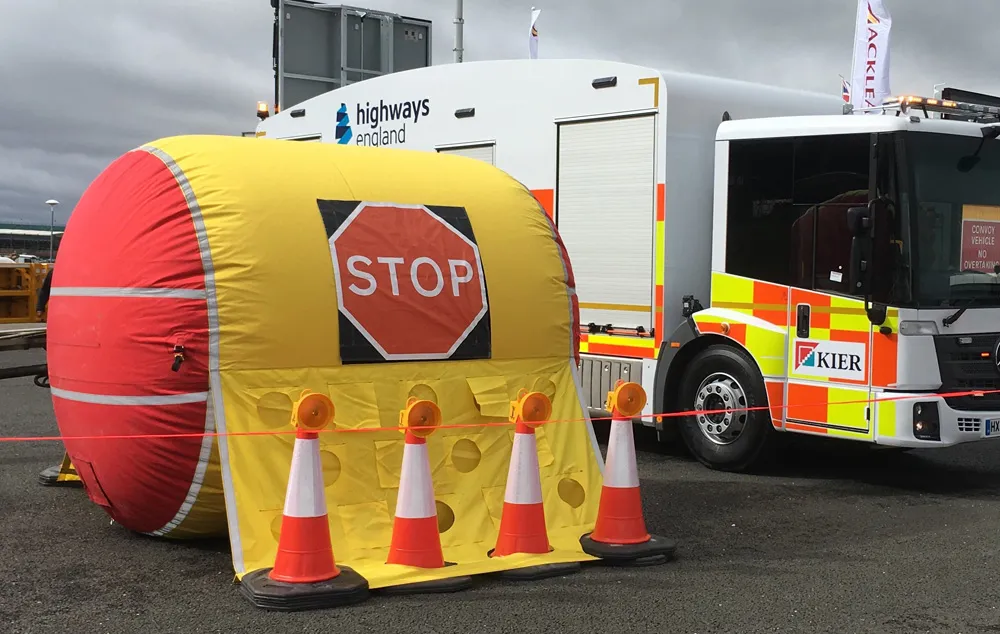The Australian Government is setting aside funds for a major road rebuilding programme in a bid to repair damage caused by recent flooding.
February 15, 2012
Read time: 1 min
The Australian Government is setting aside funds for a major road rebuilding programme in a bid to repair damage caused by recent flooding. Some US$508 million (A$470 million) has been budgeted. Damaged roads in Lockyer Valley and Ipswich have been prioritised for the repair work, which is expected to generate up to 100,400 jobs. With Australia's economy in a strong state, the country has been finding it difficult to recruit sufficient construction workers for its needs and it seems likely that overseas personnel will be required to fill some of the posts.








